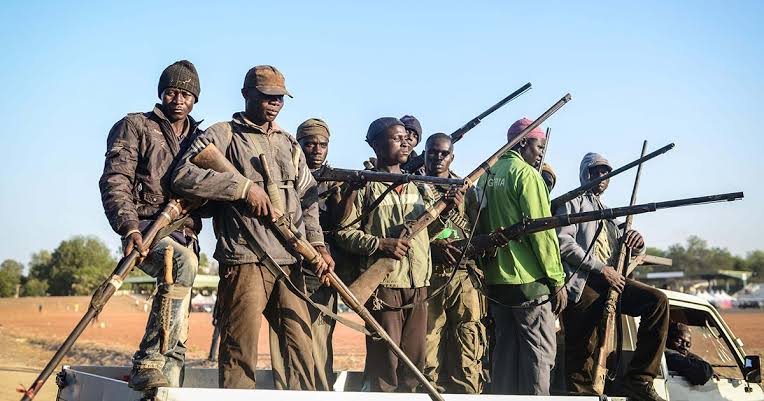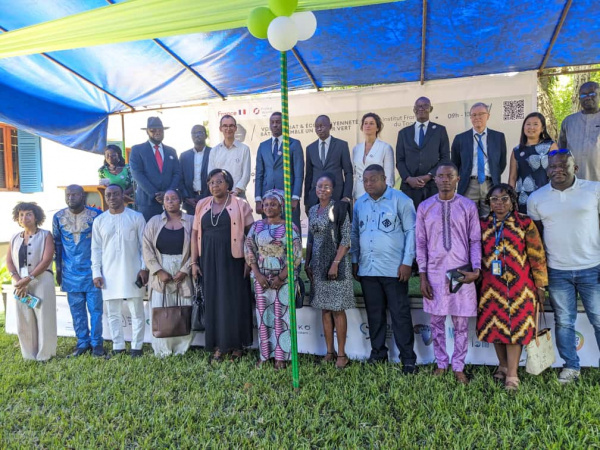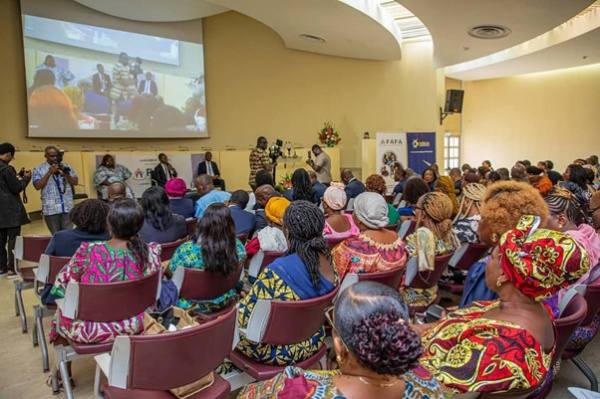Boko Haram, officially known as “Jama‘atu Ahl as-Sunnah li-Da‘awati wal-Jihad” (JASDJ), remains a significant security challenge in Nigeria and the surrounding region. The group, whose name translates to “Western education is forbidden,” seeks to overthrow the existing government and establish an Islamic regime.
Historical Context:
- Formation and Early Years: Boko Haram’s origins trace back to the late 1990s. A turning point occurred in July 2009 when clashes with Nigerian government forces resulted in significant casualties, including the death of its founder, Muhammad Yusuf.
- Leadership Under Abubakar Shekau: In July 2010, Abubakar Shekau assumed leadership, threatening attacks on Western interests and expressing solidarity with al-Qa‘ida. Under Shekau, Boko Haram escalated its operations, employing tactics such as improvised explosive devices (IEDs) and suicide attacks.
Notable Attacks:
- UN Headquarters Bombing: On August 26, 2011, Boko Haram carried out its first major attack on a Western target, bombing the UN headquarters in Abuja, resulting in numerous casualties.
- Escalation of Violence: By 2014, Boko Haram intensified its attacks, targeting civilians, security forces, and institutions, including Christians and schools. The group gained international condemnation for the kidnapping of 276 schoolgirls in Borno State in April 2014.
Allegiance and Expansion:
- Pledging Allegiance to ISIL: In March 2015, Boko Haram pledged allegiance to the Islamic State in Iraq and the Levant (ISIL), rebranding itself as “ISIL-West Africa Province.” This alliance marked a significant shift in its operational strategy and international profile.
- Regional Threat: Boko Haram’s activities extend beyond Nigeria’s borders, with attacks reported in neighboring countries such as Cameroon, Chad, and Niger, posing a threat to regional stability.
Designation as a Terrorist Organization:
- The US State Department designated Boko Haram as a Foreign Terrorist Organization in November 2013, reflecting international recognition of its violent and extremist activities.
Conclusion:
Despite facing military setbacks, Boko Haram continues to demonstrate resilience and adaptability. Its ongoing capacity for violence and its ability to adapt to changing circumstances present persistent challenges for security forces and governments in Nigeria and the broader region. The international community remains concerned about the group’s activities and their impact on regional stability and humanitarian efforts.









